Are Start-Ups an answer to ending world poverty? / Hong Kong Radio 3
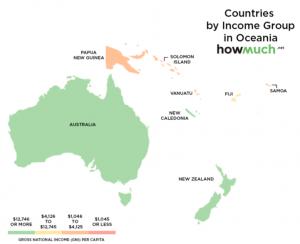 1% of the worlds population owns and has more than the remaining 99%, is only 1 of the many findings in a recently released report exposing the growing face of world poverty.
1% of the worlds population owns and has more than the remaining 99%, is only 1 of the many findings in a recently released report exposing the growing face of world poverty.
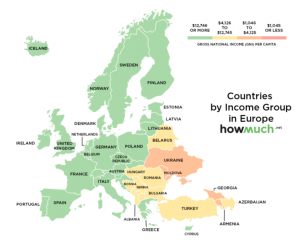
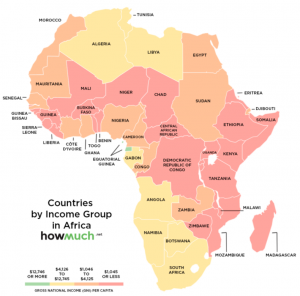
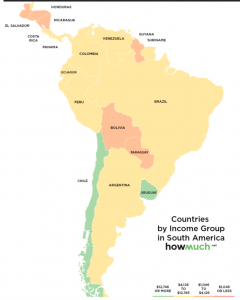
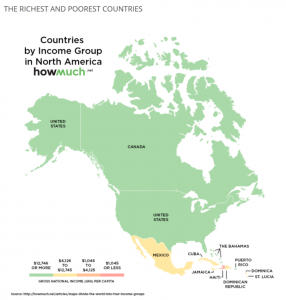
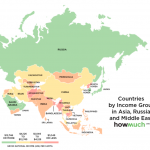
HK3’s Phil Whelan and I used our weekly on-air chat to work through the why’s and what might be’s of some of the regions and countries exploring their current standing and hypothesising on the likelihood of it changing and the catalysts that may bring it about.
My end of the argument starts and ends with people, but it relies heavily on technology being an enabler allowing people across the planet to access to a digital world and marketplace and is based on 48% of the world’s population currently having access to the internet rising to 80% by 2020.
This digital world has already begun to alter what it means to be human, to have, to consume and to be aware of and has moved possibility beyond geography to allow those not in close proximity with each other to interact and engage.
This growing transparency and contentedness also brings it with the obligation to shine a light on poverty poor, to bring the need for equity to the attention of those on behalf of those that can not yet speak for themselves.
In this same space small business, entrepreneurs, solopreneuers, brilliant ideas, remote workers, underutilised assets are all connected to marketplaces, thinking, resources and each other, and although this will not in itself stop poverty it will help to remove the physical geographic borders and the lack of access to goods, services, advice and information that has historically hindered growth.
This led Phil to ask whether one of the ways to even-up global wealth distribution may be for us all to adopt a start-up mindset that allows us to take the best of who we are, the best of where we are, question all the old paradigms and assumptions and seek out new ways to twist and bend the physical and digital worlds together to better serve our future needs.
I’m fairly sure this on-air chat hasn’t solved world poverty, but I am confident that the more of these discussions we all have; the more we continue to speak for those that can’t yet; the more we demand an end to poverty and insist on equity and access for all, the sooner we can change the colour on the poverty maps above from blood red to neon green.
A fascinating chat, listen now (14 minutes 50 seconds), share it around and add your voice to this challenge.